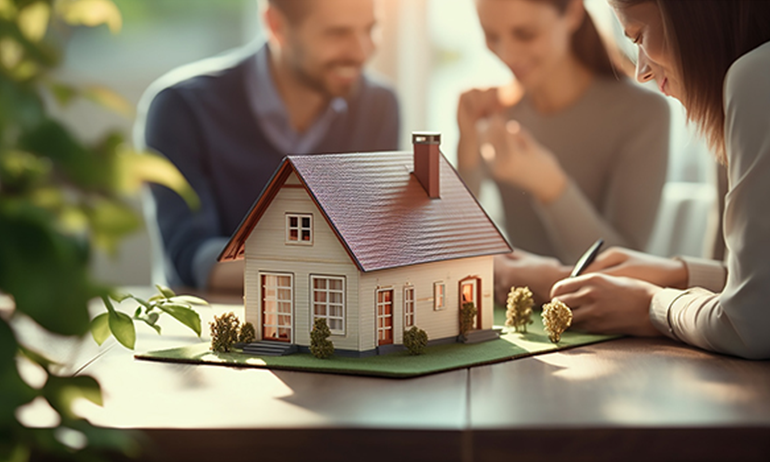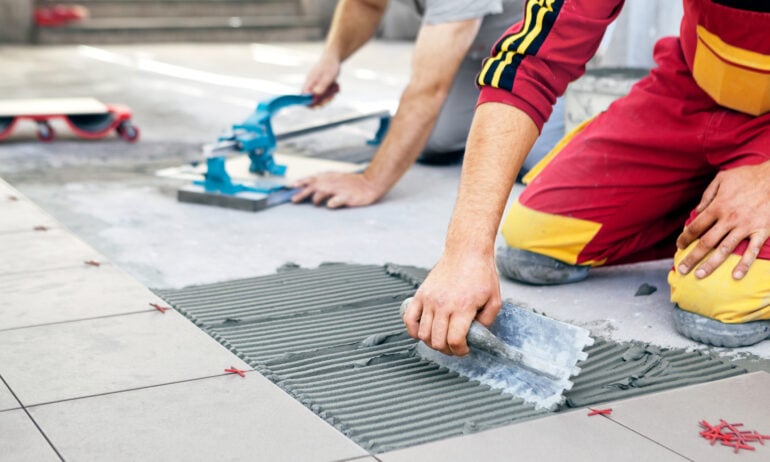Advertisement

The Expense Incurred for Air Conditioner Replacement in 2025
Understanding the Costs of Air Conditioner Replacement
Are you ready to beat the heat this summer? Replacing your central air conditioning system can come with a price tag usually ranging from $5,000 to $13,000. To discover where your expenses might fall, assess the condition of your current unit. Your understanding of the existing system, along with the timing of your purchase, can play a significant role in determining those final costs.
Exploring Your Options
As you ponder the possibility of an upgrade, remember that top-tier energy-efficient systems can reach upwards of $19,000, as noted by Keith Wortsmith, President of DASH Heating & Cooling. Yet, costs aren't always so steep. You may uncover some budget-friendly options, especially if you reside in a region with lower living expenses, in a smaller home, or if your ductwork is in pristine condition.
Factors That Influence Your Final Bill
The final cost for air conditioning replacement is influenced by several key factors. An essential measure of efficiency is the Seasonal Energy Efficiency Ratio (SEER). Higher SEER ratings translate to lower long-term operating costs but often accompany a higher initial investment. It's also crucial to consider the state of your home's ductwork. While some homes feature well-maintained ducts, many often suffer from leaks and poor connections that can hinder the performance of a new system.
Special Considerations for Your Replacement
“If you detect drainage issues, an HVAC expert might advise installing a condensate pump to avert water backups that could cause costly damage or mold growth, typically costing around $400,” Wortsmith explains. If your current air conditioning unit is aging, be prepared for possible electrical updates like thermostat wiring adjustments or breaker upgrades, which could add another $500 to your overall expenses.
Timing Your Replacement Wisely
The timing of your replacement can have significant financial implications as labor charges can vary throughout the year based on demand. If your replacement isn’t urgent, consider scheduling it during the off-peak seasons of fall or early spring, when technicians are less busy. They frequently offer discounts during these times and you might save around 15% as unit prices drop around the same period.
What to Watch For
Picking the right moment to replace your air conditioning hinges on three vital indicators:
- Age: Most air conditioning systems have a lifespan of 15-20 years, but recent years have seen significant efficiency advancements.
- Frequent Repairs: If your system requires repeated repairs, it could signal a need for a complete replacement, especially if compressor or blower motor replacements become a regular occurrence.
- Ineffective Repairs: If repairs fail to cool certain areas of your home adequately, it might be time to consider a full replacement. If a repair costs half that of a new unit, opting for a fresh start is often wiser.
Finding a Reliable Contractor
When unsure whether your furnace should be replaced alongside your AC, raise this question during your estimate. It’s also wise to check whether you can afford to wait until the slower seasons for a replacement. Be sure to collect quotes from several companies and assess their reviews and licensing to ensure you choose a reputable contractor.
Financing Your New Air Conditioning
Installing or replacing an air conditioning system often requires professional assistance due to its complex demands. If additional systems, like plumbing or electrical, also require attention, you may need to bring in specialists for those areas. To alleviate upfront costs and ongoing expenses, explore energy-efficient unit options which might qualify for rebates from your local power company, or check state incentives for energy-saving measures.
Understanding Your Financing Options
Your contractor might offer financing plans, but don’t overlook other potentially advantageous options. Home equity loans or lines of credit can provide lower interest rates compared to standard installer financing, and offer potential refinancing opportunities or tax perks.
Evaluating Your Best Financial Move
The financing route you take will largely depend on your financial needs, the timeline for your project, and the amount you wish to borrow. If the upgrade adds value to your home, a HELOC or home equity loan could be the way to go, as they might enhance your property’s worth beyond the loan amount. Conversely, if it's a less expensive job, using a credit card for immediate repairs might be more practical, especially for avoiding interest costs or earning rewards.
Making Informed Decisions
Some contractors also provide their financing plans. Before committing, compare these offers with other lending options to ensure you're getting the best deal. Regardless of your path, carefully assess all rates, terms, and fees to make an informed financing decision.


